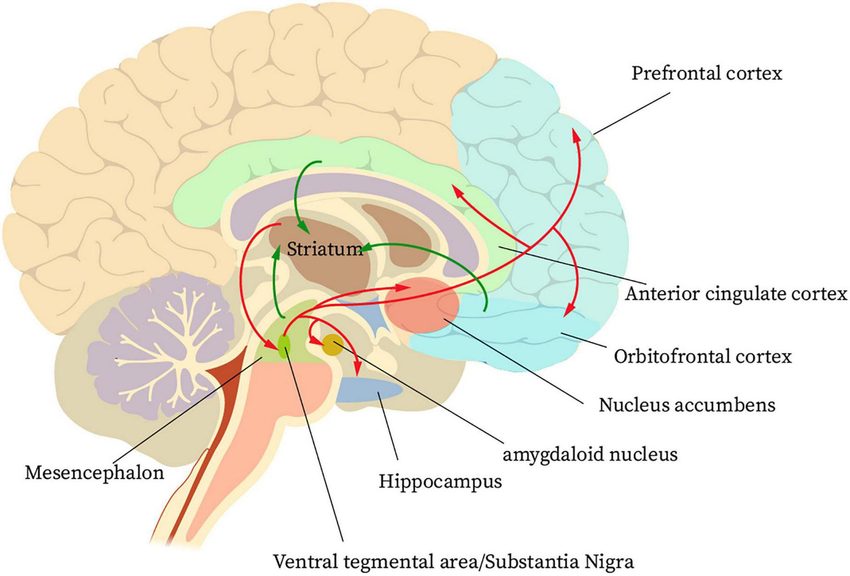
You’re an addict, and so am I. Realising that finally allowed me to address my growing dependence on technology and the internet in everyday life, reclaiming my attention span and autonomy.
A dreary Monday afternoon, sitting in the Biological Science Library, I had an iced coffee at the ready, noise-cancelling headphones blocking out the surrounding buzz, and my laptop sitting open with a fresh, empty Word document staring expectantly at me…waiting for me to finally start my assignment.
Woefully behind schedule, I manage to cobble together a few sentences before boredom wins out and I glance at my phone. Twenty minutes of mindless Instagram scrolling later, and I realise my assignment isn’t any closer to being even half done. Maybe I need some background noise, I reason, and I pop on a YouTube video to play in the background. A few more sentences and an hour later, I give up and go home, resigning to write my assignment some other time.
What I’m describing is not an isolated experience; it is not the first time I, and many others, have found ourselves drawn to our phones for some sort of distraction. It is no wonder, really, that we find ourselves increasingly online. So much of our lives are now centred around how we communicate on social media: it’s how we talk to our friends, it’s where we get our news, it’s how we entertain ourselves while we stand in line, and how we distract ourselves when things get to be a bit too much. But, despite the pattern of technology use we find ourselves falling into, experts warn that taking a step back is the best thing for us: socially, emotionally, and cognitively. Certainly, as I found myself unable to stay focused on my assignment for more than five minutes, when years before I could write for hours on a whim, I realised it might be time to unplug. But what is it about technology that keeps us so engaged?
Addiction is not a new phenomenon: from drugs and alcohol to sex and gambling…it’s been kicking around for hundreds of years. But technology addiction is different. Technology has supercharged the accessibility, intensity, and availability of the addiction experience. It combines instant gratification with 24/7 access and extreme personalisation through algorithms. Add in the performative layer to technology that has only increased with social media, and you suddenly have a social validation loop that taps into deeper psychological needs for belonging and status on top of base-level addictive features.
Today, technology addiction is classed as a behavioural addiction, rather than a chemical addiction like methamphetamines or alcohol. So, you might be thinking, I just need to change my behaviour. Well, yes, but as anyone who’s tried to cut down on screen time knows, it is much harder to do than you’d think. Why? The short answer is dopamine.
The reward system in our brains loves our phone, our laptop…any device that can tap into our neurological wiring and squeeze out just a bit more precious dopamine. Our devices give us constant, on-demand stimulation and satisfy our innate need for social connection. We can look to the development of Internet Addiction Disorder for answers to how we fall into these maladaptive patterns, even if we aren’t at such an extreme level of addiction ourselves.
Written by Sophia Crossing
Views: 485
